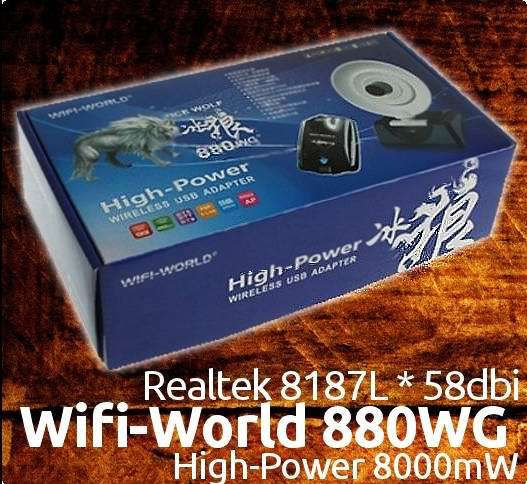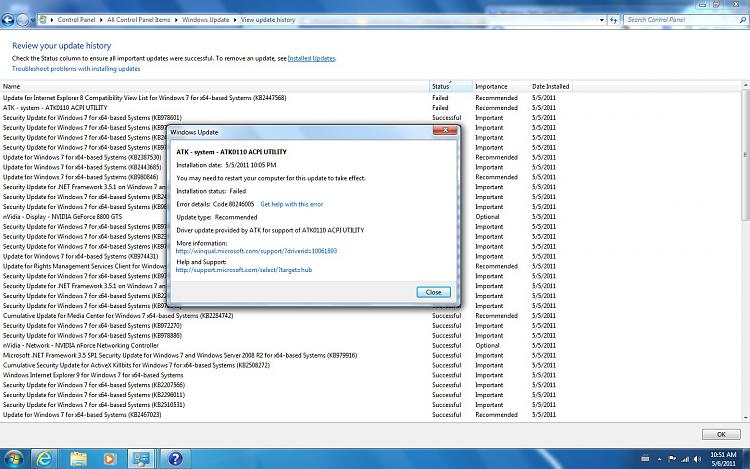

For ASL control methods that use OpRegions to perform I/O, dependencies are not implicitly known by the operating system because they are only determined during control method evaluation. This type of dependency is described by the inclusion of Connection Resources in the device's _CRS. Devices connected to GPIO or SPB controllers are dependent on those controllers. Similarly, a GPU device listed within the namespace of a system memory-management unit (MMU) device is dependent on the MMU device. For example, a USB HSIC device is dependent on the port (parent) and controller (grandparent) it is connected to. Any device that is a child device (listed as a device within the namespace of another device) is dependent on the parent device. In ACPI, dependencies between devices are described in the following ways: Windows requires that all such dependencies be described so that it can ensure that all devices function correctly as things change dynamically in the system (device power is removed, drivers are stopped and started, and so on). Typically, there are hardware dependencies between devices on a particular platform. Subsystem ID (_SUB), Hardware Revision (_HRV), and Class (_CLS) Windows-compatible system power management controller SDA standard-compliant SD host controller

XHCI-compliant USB controller without standard debugĮHCI-compliant USB controller without standard debugĮHCI-compliant USB controller with standard debug XHCI-compliant USB controller with standard debug The Compatible IDs in the following table are newly created for use with SoC platforms. This preference allows the Windows-provided driver to be treated as a default driver if a vendor-provided device-specific driver is not available. Windows always prefers Hardware IDs (returned by _HID) over Compatible IDs (returned by _CID) in INF matching and driver selection. A separate object, the Compatible ID (_CID) object, is used to return these identifiers. Windows defines a number of device IDs for use with this vendor ID that can be used to load the Windows-provided driver for a device. Microsoft has reserved the vendor ID 'PNP' for devices that are compatible with inbox drivers shipped with Windows.


 0 kommentar(er)
0 kommentar(er)
